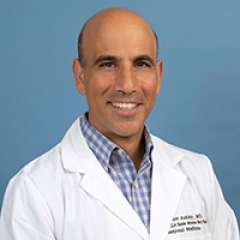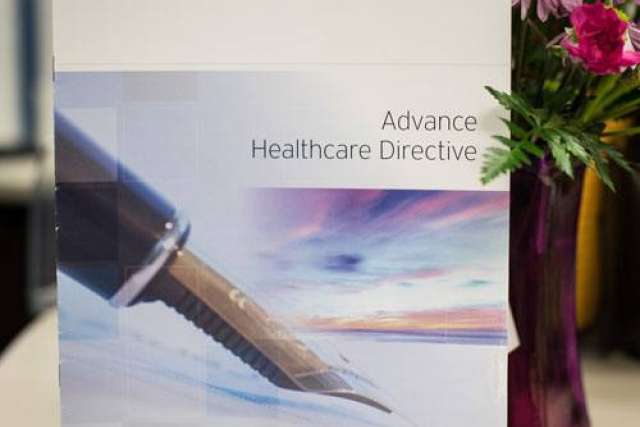Dr. Robert Ashley is an internist and assistant professor of medicine at the University of California, Los Angeles.
Advanced Directives

Do I really need an advanced directive?
Unequivocally, yes. Advance Directives are forms providing direction to both family members and the medical community about your wishes in emergencies. They specify your medical preferences when you cannot speak for yourself.
The first part of an advance directive identifies who you would want to make medical decisions for you. Termed a medical power of attorney, this can be your wife, one of your children, or a very good friend. It cannot be your doctor. The crucial aspect of this choice is the level of trust you have in your decision-maker. If you were to lose decision-making capacity, this person would speak with doctors on your behalf – becoming both your advocate and the person who chooses resuscitative measures, if any. Not only should you trust the person you give medical power of attorney, you also need to have frank conversations with him or her about your desires.
Even if you are healthy and have a low likelihood of a major illness, health problems can happen at any time. If you become hospitalized for a heart attack, stroke or a traumatic brain injury, what choices would you want to make? If you were unable to breathe, would you want a tube, attached to a ventilator, placed into your lungs? The answer may be yes – but not indefinitely. If that’s the case, then for how long? Would you consider a tracheostomy, if you were on a ventilator for more than two weeks? Again the answer may be yes. How about a feeding tube that enters your stomach through your skin? For how long would you want this measure?

These are not easy topics to consider or discuss with your loved ones. But they are important. Ideally, doctors could help with the discussion about end of life, but because the nature of doctors is to treat and heal, many have difficulty discussing end-of-life decisions with their patients.
While death is inevitable, providing your loved ones, your medical providers and yourself direction about your care preferences gives you some control over that inevitability.
For an advance directive form, please visit here, or contact UCLA Health 50 Plus office – 800-516-5323.




